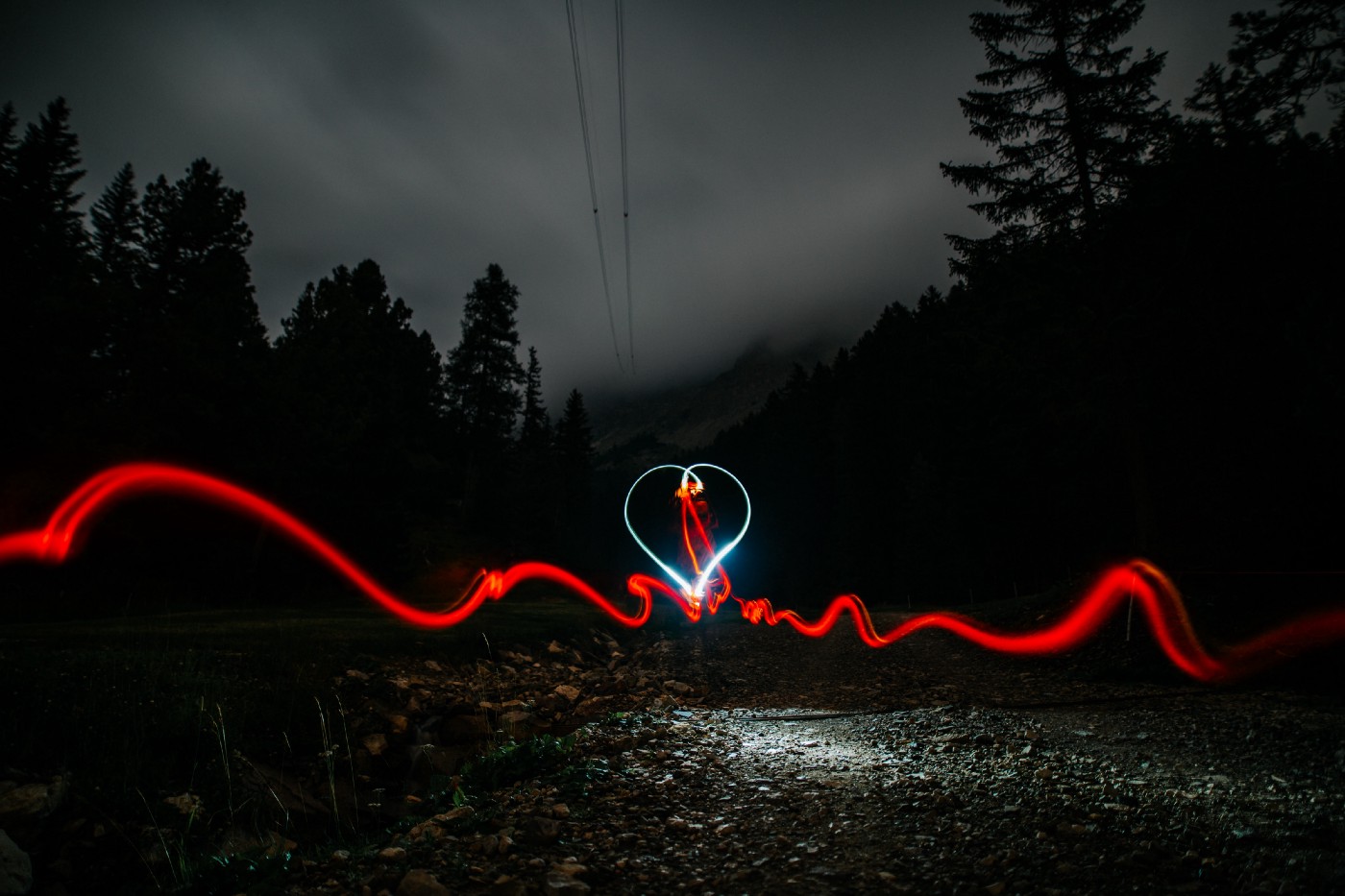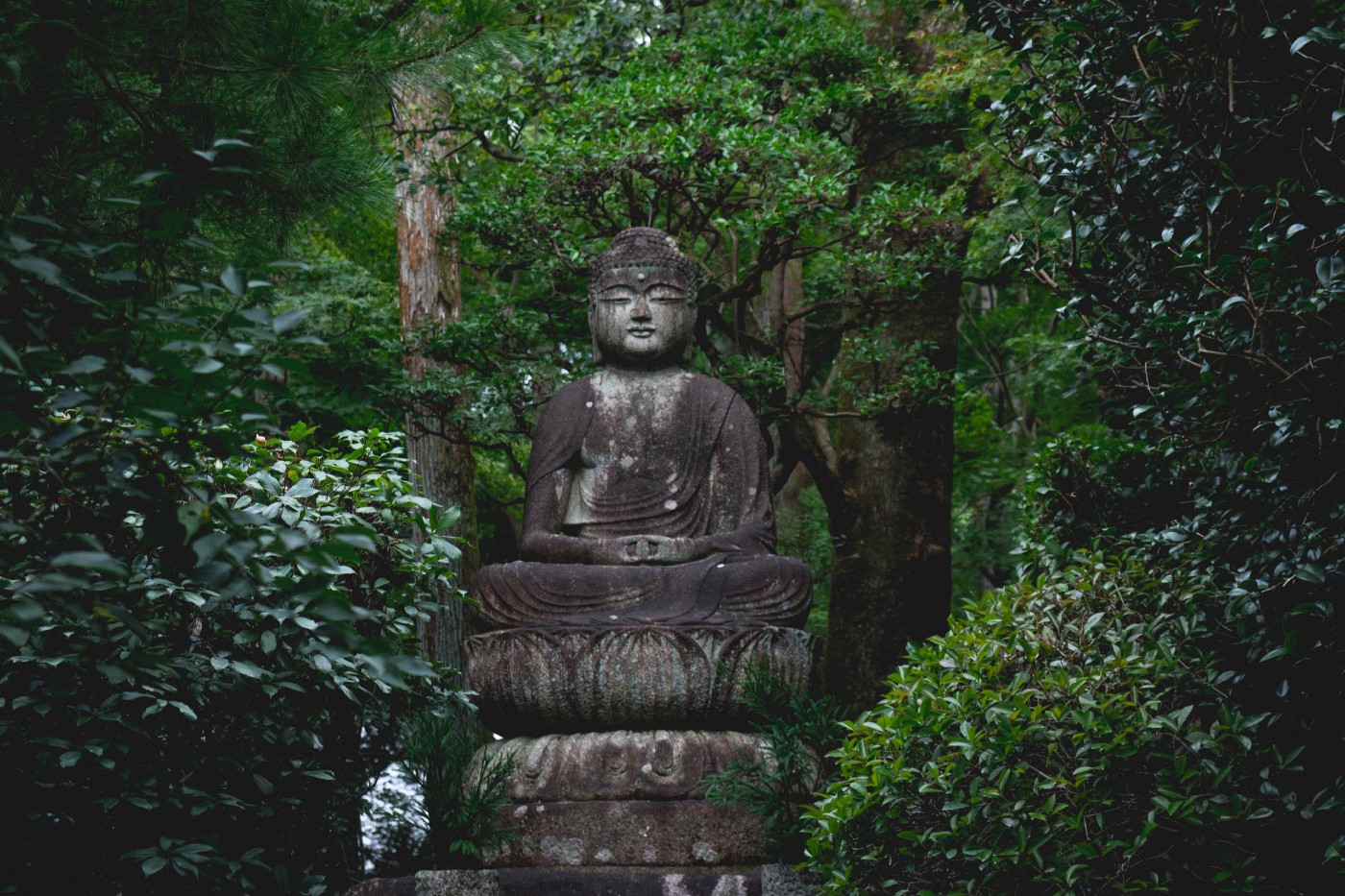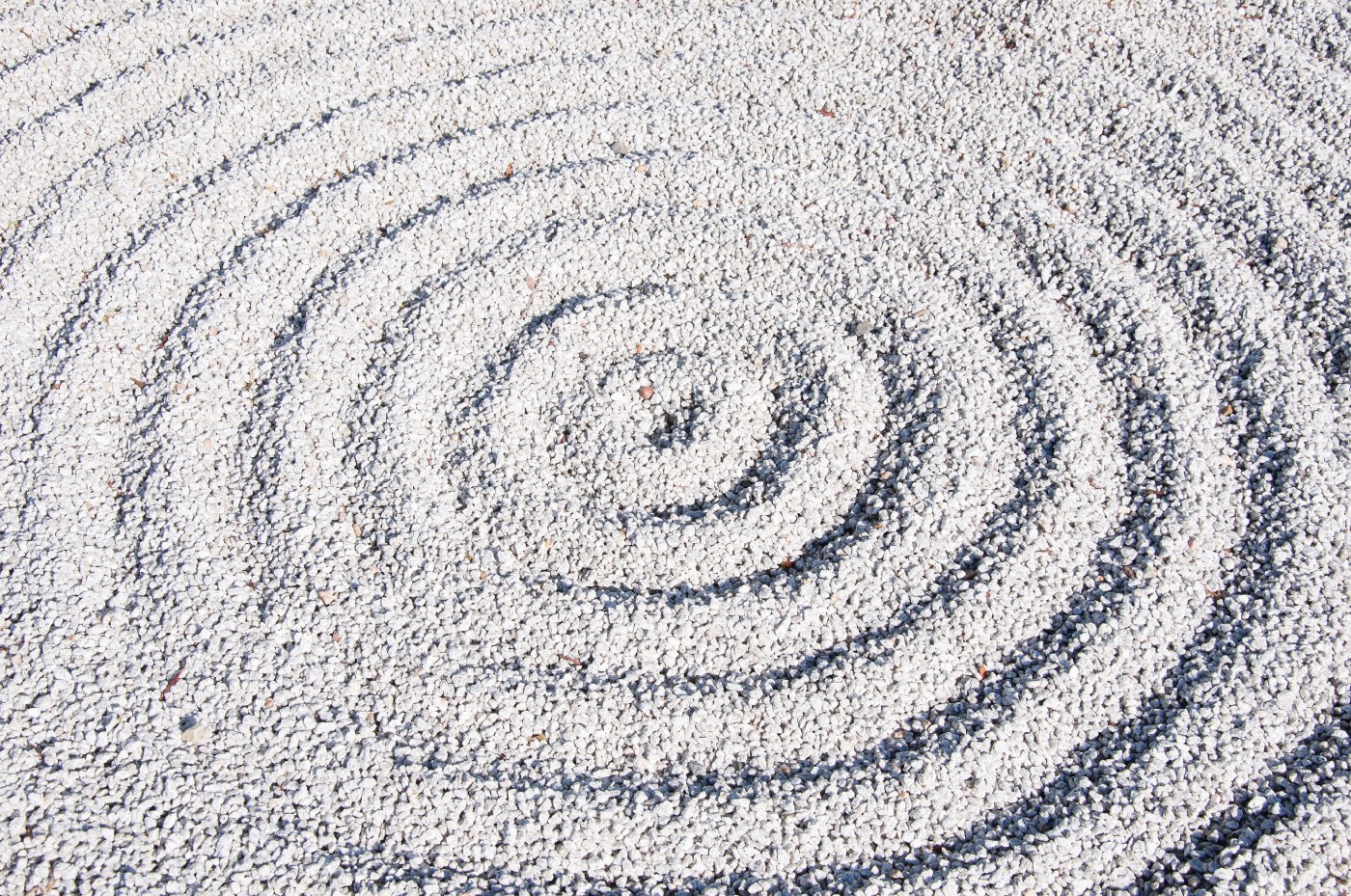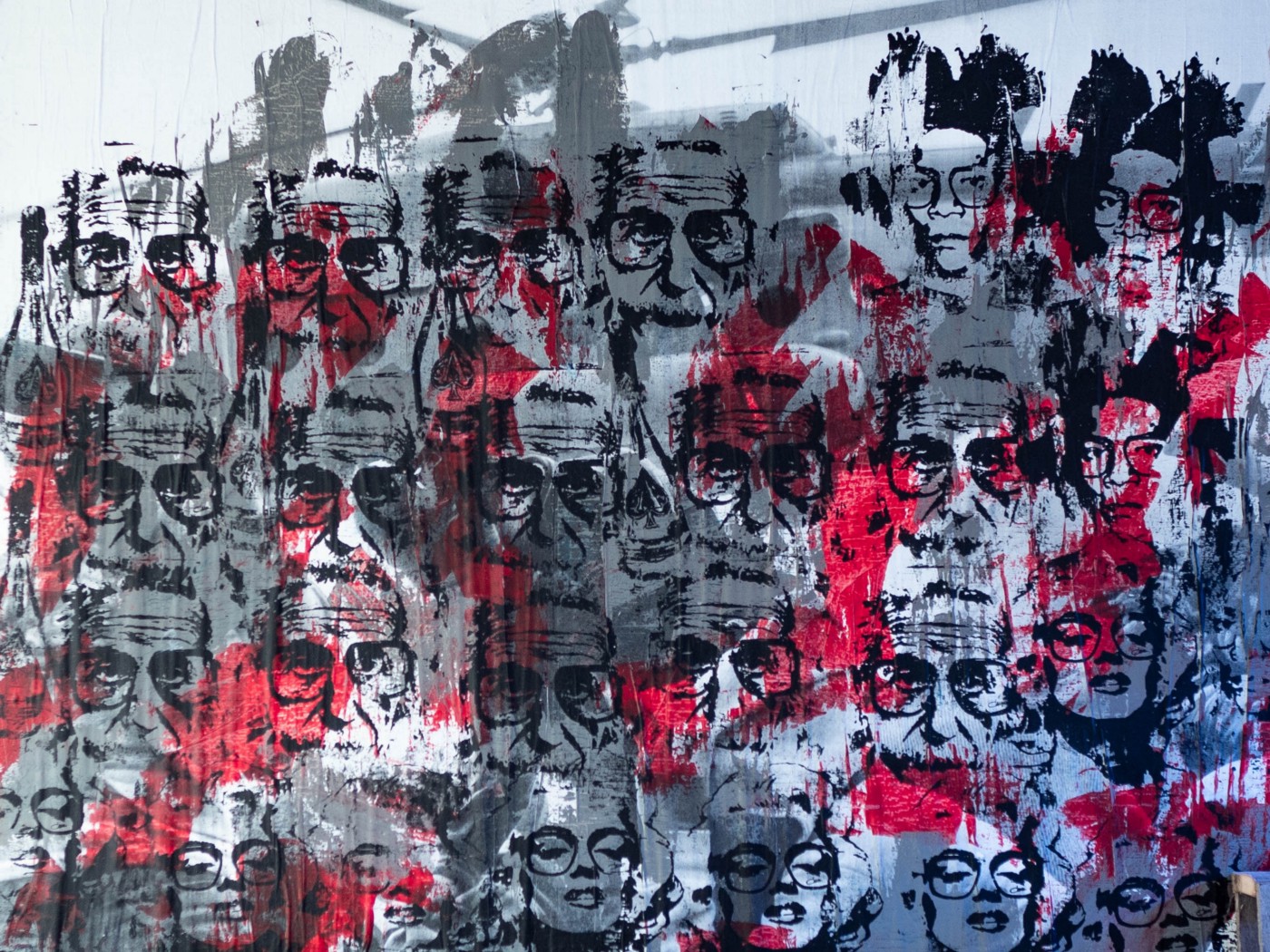This article aims to highlight the powerful synergy between a clear mind and an open, leading, compassionate heart while providing insight into personal and universal craziness that is all too commonly judged, ridiculed, and micro-managed, rather than clearly understood and cared for.
cra·zi·ness| ˈkrāzēnəs | noun: mad, wild, or erratic behavior or nature
Arguably, craziness stems from an incongruency from the mind and heart working together synergistically. It’s my belief that the common use of calling each other (including ourselves) crazyis primarily related to the caring or not so caring relationship that the mind takes to the emotional world.
Without understanding what you are feeling or another is feeling, without really tapping into your emotional field or empathizing with another, the mind may create a story for what is “real” and become misguided with all it believes is true. The mind and heart are partners. In a relationship, another mind and heart enter. Each heart deserves careful listening, recognition, expression, and validation by the mind serving its role as an interpreter.
Labeling one’s self or another crazy, insane, erratic, or stupid is taking a less compassionate road to relate to the subject or object of focus. Space is needed for the emotions of the heart to become clear so the mind can speak clearly.

Life is in flux. There is a reason for a person’s ever-changing nature. The world we live in is ever-changing. Nothing more constant is change itself.
To judge another first without empathizing and understanding them is to default to a defensive pattern of self-containment around what is true. How can you truly know for sure what a person feels or wants without asking them? To make up your mind up, to assume, is a manner of control, where fear reigns under the surface, silently justifying judgments that “protect” the person from a perspective that might counter their own perspective of reality.
To not embrace the variability of life and be open to what comes your way is to not trust the hidden intelligence of a loving universe. We may attach to what we believe is truly safe and best for us, what we have come to know familiarly, but the security we often create or want is never certain.
Experiencing the unruly nature of incongruent thoughts and emotions from another can be triggering and unsettling. It can feel very insecure because to feel secure in it, we must feel secure in our own mind and heart. And to not have that security seems “crazy”.
But the perfect friendships in our life bring the people who truly value who we are beyond the insecurities we all bear, beyond mere utility or pleasure. Admitting insecurities may actually liberate them.
If you don’t have an open channel of communication between your head and heart, maybe it’s not actually others you need most, rather it is you who is needed as a genuine partner. In any relationship, the mind must clarify its own heart first before being available to another one.
The incessant use of labeling ourselves and each other crazy really stems from a greater underlying issue of not allowing the heart to be trusted as the emperor of our being. When “craziness” ensues, perhaps one of the most effective questions to ask is what longings of the heart have been left unattended? What heart longings are begging for your attention? Can your mind quiet enough to listen to what’s present and calling for attention?

What covers up a heart’s electric vibrancy — its star-bright radiance? Living with fear can greatly overshadow the beauty of what’s happening. Judgment and control hide the fearor feeling of being unsafe. Judgment takes us out of pure awareness and presence and can be a coping mechanism that can greatly dilute the strength of trusting one’s self. Trust arises naturally from intelligence and integrity.
Control can become a way of providing illusory protection. Judgments can become the minions of control and deny the intrinsic beauty of what inevitably arises outside of our control, which includes emotions.
To deflect, blame, criticize, or judge, ultimately, is to turn away from the clear heart-vision of an everpresent, basic goodness. Unconditional love works in that way, giving exactly what we need externally in relation to what we hold internally. The rejected banes in our shadows are waiting to be turned to with a light of the heart, or the world will throw us something that wakes us up to what’s been ignored. We always receive exactly what we need however cloaked it may be in disaster.
Judging erodes this intrinsic sense of balance in things. It impacts how you can trust in general. It is a way of filtering reality through one lens, when there are infinite ways to look at events in our lives. In many ways, judgment breaks the open field of awareness to all things possible.
But trust is an antidote or counter to judgment — the trust of self, other, and an abundant universe with infinite possibilities. An infinite universe wouldn’t limit us to only one possible scenario that judgments usually tell a story of. To insist on one summary of reality is a departure from a careful consideration of the whole.

Awareness of your authentic feelingsis a way to connect to trust because feelings happen spontaneously. God resides in spontaneity. What’s real for you is in your heart. The actions you take on the truth of your heart creates shapes your integrity. Can your mind become an ally to what the heart speaks through the emotional body?
This kind of trust is like a muscle, compounding in strength over time. It is a kind of way to surrender to the feelings you are having to support you in your journey. Your feelings, your gut, can greatly guide you into a greater flowof human experience with greater compassion with what is vs. what you want it to be, what you consider bad/good about it, or what needs to change.
The acknowledgment of your authentic emotions is the key to your sovereignty. As you acknowledge your own emotions, it’s a way of owning your own truth, of knowing what is appropriate to cultivate or discard in your inner kingdom/queendom. As you acknowledge others’ emotions, it’s a way of owning how you impact other people.
The heart is the emperor of our being. It is the centerpiece of our soul. The heart is our true north, which means sometimes our compass doesn’t create a linear path. Feelings are boundless, and not all “feelings” speak the truth of the heart. Sometimes feelings are cloaked in what the mind dubs them to be. Sometimes they are misinterpreted. The mind is, after all, an interpreter. Feelings can certainly be convoluted and chaotic to the mind and genuinely irrational. They are entities not of the rational, reasonable, intellectual, conceptual framework. Thus having grace for the nonlinearity of how feelings guide us is a good practice of compassion.

Emotions are so easily labeled “crazy” because they don’t fit in with a mentally semantic language. They are their own language, and words don’t have as much of a place in the feelings space. We can describe feelings, but those words and descriptions will never befeelings.
There is sense-making in feelings, but not thought-sense, rather sensation-sense. It’s the body’s language, not the mind’s language. To understand them is to spend time with them and listen deeply to what is “speaking” in your heart and body. Without this kind of clear connection, the mind can create an idea of what to follow instead of knowing truly what the heart and body want. The imaginative aspect of the mind thus can be an ally or hidden enemy, either creating confidence or creating distrust.
Thus, a kind of madness can arise, since the mind is not really independently functioning from the heart. It functions inseparably from the heart. Truly, a healthy mind is dependent on the flow of exchange between itself and the longings of the heart.
As much as the mind would like to think it can bypass feelings, if those feelings are ignored, the mind can only become confused because choices it makes cannot impact the world effectively without knowing what’s operating in the gut. What is made up in the mind about feelings can be quite misleading, confusing, and even damaging if it is not verifiably true, especially in regards to knowing another’s truth.

The controlling defensive “protective” mechanisms of the mind are usually learned from a young age where feelings were devalued or there was not a safe place to express them. They are usually inherited and passed on. In Western culture, the mind is prized, overvalued, overestimated, and prized highly over the heart’s genuine guidance and the body’s intelligent information.
Expressing sadness, fear, or sorrow is often perceived as weak. Anger is often treated with no direction when really anger needs a reformation into a passion to fully creatively transform. Rage only persists otherwise. Grief is more commonly experienced privately without the support of a community while intimacy often excludes the fullness of the emotional spectrum.
If the mind does not care for the feelings of the heart, then trusting one’s self and the world around becomes much less viable. To trust is to feel safe. To trust is to feel secure. The mind is an integral part of a healthy internal ecosystem and an inner sense of security. It’s the mind’s ability to facilitate the flow of the energy in motion (e-motion) that impacts the health of the body and strengthens the capacity to trust.
At the root of judgment, control, ill-health, confusion, and dysregulation is the absence of an appropriate “home” for the necessary nurturance, respect, honor, and trust of emotions. Relying on the perspectives and feelings of others may further corrupt the inner emperor’s true sense if the mind has not established a stable ground with that feeling space either.
Relying on another to guide you can be like a native person, who has lived in his town for his whole life, asking a tourist how to navigate his own neighborhood. The tourist might say, “Well, I’m sure I can help you but haven’t you been living here for years?” The advice he may give will be limited because he’s just a visitor, and so any information taken from that visitor cannot possibly have the full picture in mind.
It is a kind of “corruption”, dishonesty, or partial deception since ultimately no one knows your own ground as well as you. But if you haven’t spent ample time cultivating the space for getting to know your own neighborhood and letting others know about it, the truth about it may be misconstrued. The outsider may try his best to decide what’s best for the kingdom, but the heart always knows with certainty.
Hence, why confusion can compound itself. Not only has the trust that is developed from a deep listening been abandoned, but now there are “visitors” giving a kind of unsolicited advice for directions on how to navigate relationships, careers, and paths to greater dignity, fulfillment, and happiness.
If the mind is not a reasonable guide to create a healthy structure for the feelings to flow, validate, and express, how could it be there for others? It’s a requirement for a mind to be stable within one’s self to also be trustworthy for others.
And yet, it’s ingenious, yet deceptive rhetoric can be very charming, sweetly convincing the heart of what’s real or what’s best for it, such as avoiding “dark alleys” of suppressed emotions. But truthfully, those alleys may be dark, but the visit to such a place just may be the most empowering visit possible.

What we fear is greatly connected to the core of our inner security. After all, fear is not a demon; it’s not bad. It’s actually an ally, a friend, but it’s gotten a bad rep because feeling fear is scary!! It’s much more enjoyable and easy-going to feel safe or to pretend to feel safe. But feeling fear can feel good. Feeling sadness or anger can feel really good. Acknowledging fear can actually plant a seed for fear to grow in healthy proportions.
We need fear. Without fear itself, we wouldn’t feel unsafe in danger. We also wouldn’t know safety. There would be no contrast to the blessings and joys of safety without fear. Without one, there is not the other.
But if you haven’t felt, honored, and acted upon what’s true of what you feel, the first quiet sit you have with those feelings can hit you like a freight train. A lot of fear, anxiety, judgments, and anger can arise initially.
Here is where the great philosophies of the East become so helpful. A mindful maestro makes art out of chaos with the breath as his baton. The breath is the liaison between the mind and body, a messenger to the heart. There are gems within feelings, precious insight to realize, and no insight is greater than what’s found within, not what’s taken second-handedly as information found without.
Fear helps us understand how to feel safe, how to create the safety we need. Creating implies there is a choice, there is agency, there is will. A strong will can make fear even shake in its boots. At a moment’s notice, the will can embrace an empowering attitude or approach. It’s choice that is ever-present, which is the strength of the mind as an ally.

And this craziness of the mind? This insanity? This madness? This beautiful ingenuity? How can you trust it? The answer really lies in the difference between madness and genius.
Madness, or craziness, is a kind of chaos of the mind that arises naturally when there is a disconnection from the compass of a true, compassionate and caring heart. The difference is the presence or lack of care. And care is absent of judgment and control. It is full of trust. And trust isn’t something to necessarily seek or obtain; it is abiding with a timeless intelligence of feeling and knowing.
A sane mind is not judging feelings because to judge them would be to dishonor, disrespect, and disavow this implicit, non-negotiable, irrefutable trust — or truth — of feelings. And within feelings, our intuitive capacities reside.
Truth is Divine. To trust is to delight. Feelings hold a truth beyond what the mind can fully fathom. Thus, the transcendent sense of clear-knowing (of feelings) must certainly be Divine. Thus, to deny, judge, or manipulate feelings is also a way of disconnecting to higher intelligence. Abandoning the truth of what you feel is abandoning a greater resonant connection to the truth of the universe.
Trusting your heart is trusting this resonance — it’s trusting the truth of your soul’s resonance. Just as the divine expression of each of us proceeds a caring relationship to how we feel, equally, the sacred relationship we take to others’ feelings and their needs is also a divine gesture.

